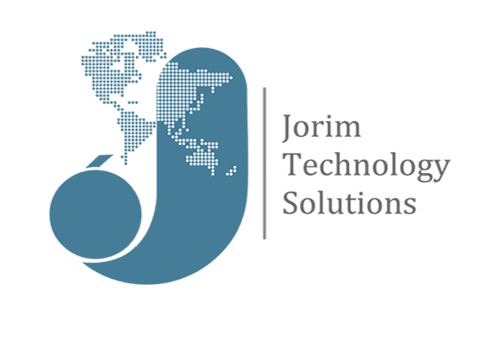What is security management?
Security management is the high-level process of cataloguing enterprise IT assets and developing the documentation and policies to protect them from internal and external threats and cyberthreats. Although the types of identified assets will vary from organisation to organisation, they will often include people, physical facilities, technology and data. Beyond categorisation, this exhaustive analysis helps identify potential security risks and inform procedures for managing, responding and resolving threats, especially as they relate to cybersecurity.
Why is security management important?
Security management is important because it gives enterprises and organisations a proven, reliable groundwork for protecting their infrastructure from loss, theft and disruption – primarily for cybersecurity purposes. For companies, especially ones working with massive amounts of data, applications and other workloads across distributed networks and multiple locations, thorough risk analysis and assessment can help prevent cyberattacks from happening, minimise downtime during and after an attack and improve recovery time
Security management also establishes IT roles and procedures through formal documentation, helping eliminate role confusion, human errors and miscues as well as ensuring compliance with industry standards and regulations. Thorough security management can even standardise the process of adding new components and infrastructure.
What are the risks of forgoing security management?
Not only will cyberattackers and other cyberthreats find ways to infiltrate your
network and damage, steal and destroy data and resources virtually at will, but
those compromises can impact people outside of the organisation. For example, a
hacktivist could disrupt an oil and gas producer’s operations, setting off a series
of events that could include lost revenue, interrupted supply chains, higher gas
prices and, in extreme situations, compromised safety functions that could lead
to employees being injured or worse.
Not accounting for or protecting your IT structure from end to end can have costly
– and catastrophic – consequences.
What’s more, having a reputation for haphazard security measures can hurt
your public image, your standing within the industry and your potential for
future growth.
Internally, security management makes managing your IT environments more efficient
and proactive. Without it, you risk lapses in security oversight that could lead
to slower threat identification and response times, unclear protocols and
responsibilities, an inability to adapt to evolving cybersecurity issues and,
ultimately, stymied innovation potential
What is cloud security management?
Cloud security management is a sub-specialisation of security management. While developing cloud security policies follows a similar path (e.g. assessment, awareness and activation), it focuses on cloud-specific infrastructure rather than physical assets, with the ultimate goal of securing digital assets via rigorous access controls, data encryption and analysis, and proactive monitoring. Strong cloud security management enables lots of IT flexibility and opportunities for automation. Like traditional security management, it can help maintain compliance, protect reputations and reduce demand on IT teams. With monitoring and other tasks offloaded to artificial intelligence (AI) and machine learning (ML), IT teams can spend less time on mundane, labour-intensive workload
